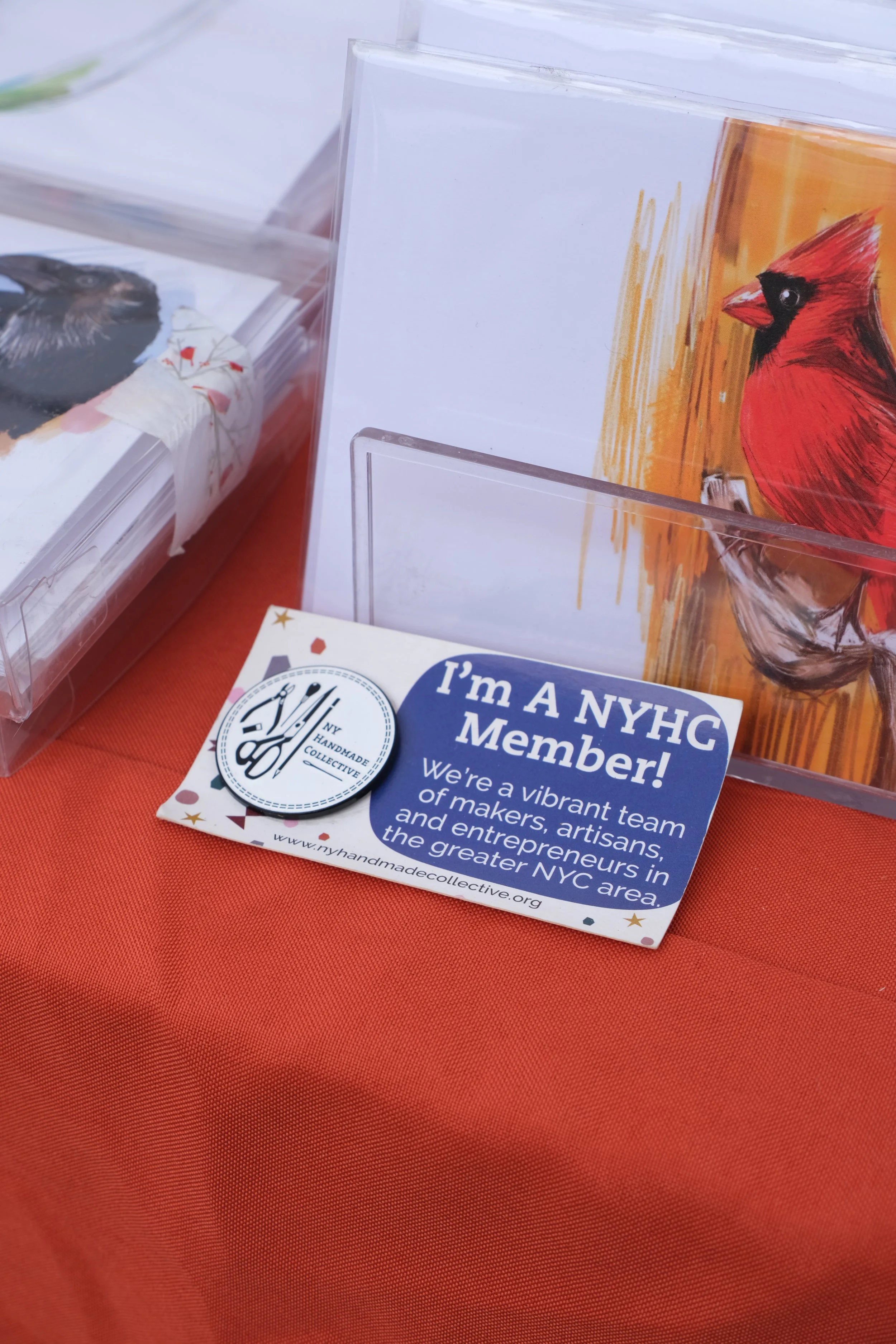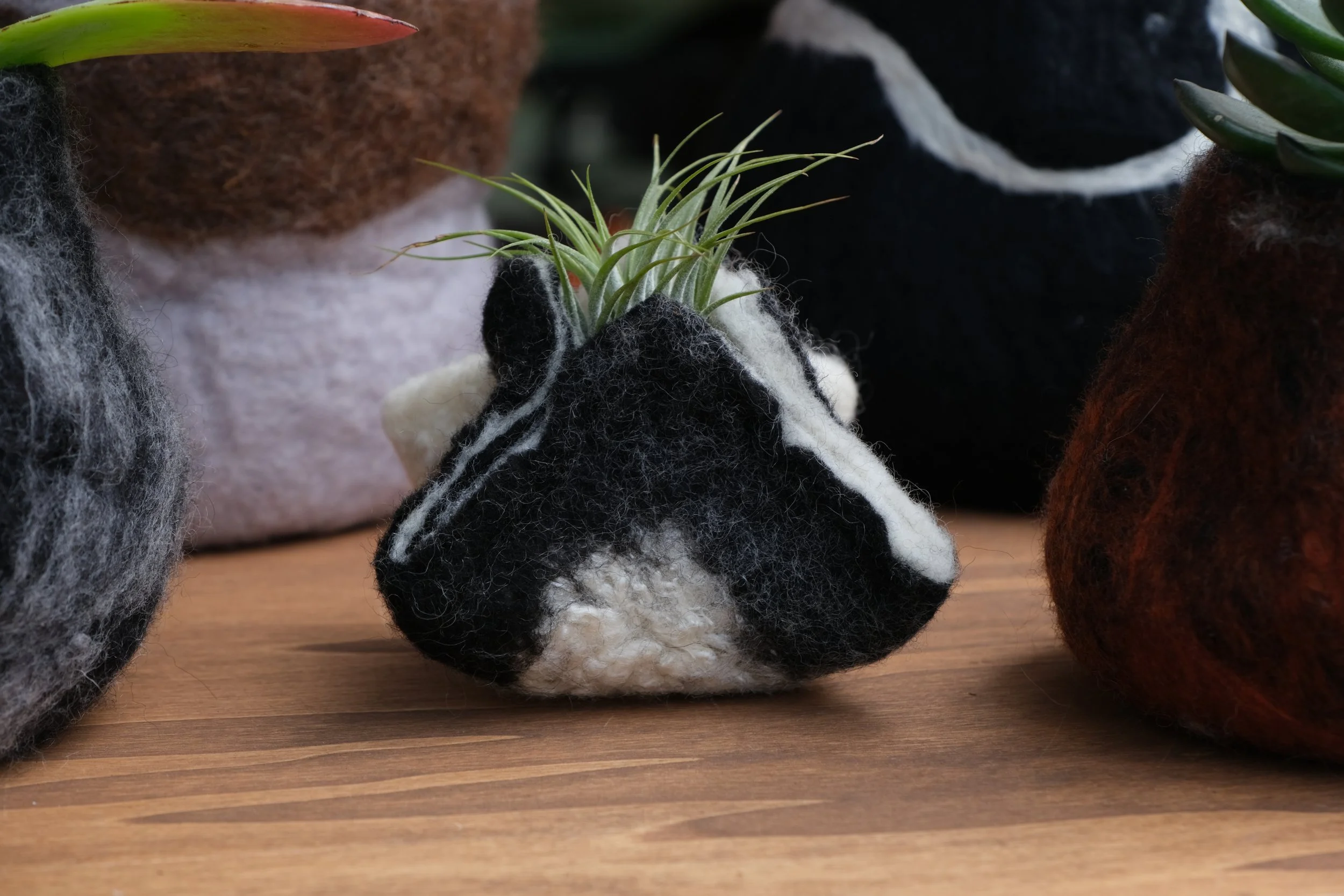"Buddhism",
"Confidence",
"Grinch Who Stole Christmas",
"Hello Etsy Conference",
"Hello Etsy",
"LolaFalkDesigns",
"Meditation",
"Michael Carroll",
"Mindfulness",
"Rasanath Dasa",
"Vulnerability",
"fear",
"fearlessness"
NY Handmade Collective
"Buddhism",
"Confidence",
"Grinch Who Stole Christmas",
"Hello Etsy Conference",
"Hello Etsy",
"LolaFalkDesigns",
"Meditation",
"Michael Carroll",
"Mindfulness",
"Rasanath Dasa",
"Vulnerability",
"fear",
"fearlessness"
NY Handmade Collective
Read More
"LolaFalkDesigns",
"apple blossoms",
"bird friends print",
"etsy",
"hookandmatter",
"kbatty",
"kooklamakeup",
"lip gloss",
"myzoetrope",
"neon necklace",
"newnewteam",
"spring",
"travel wallet",
"zahnerphoto"
NY Handmade Collective
"LolaFalkDesigns",
"apple blossoms",
"bird friends print",
"etsy",
"hookandmatter",
"kbatty",
"kooklamakeup",
"lip gloss",
"myzoetrope",
"neon necklace",
"newnewteam",
"spring",
"travel wallet",
"zahnerphoto"
NY Handmade Collective
Read More
"Ellisdesign",
"LolaFalkDesigns",
"LuCrafts",
"Muppetloon",
"Tote bag",
"alexandra ferguson",
"back-to-school",
"clinecreations",
"hair pin",
"hoodie",
"lennymud",
"pillow",
"playgroundrockstar",
"priavanda",
"purty bird"
NY Handmade Collective
"Ellisdesign",
"LolaFalkDesigns",
"LuCrafts",
"Muppetloon",
"Tote bag",
"alexandra ferguson",
"back-to-school",
"clinecreations",
"hair pin",
"hoodie",
"lennymud",
"pillow",
"playgroundrockstar",
"priavanda",
"purty bird"
NY Handmade Collective
Read More
"CraqueRockShop",
"Ellisdesign",
"LolaFalkDesigns",
"MilkMade",
"citibitz",
"fourth of july",
"lennymud",
"metalsugar",
"playgroundrockstar",
"rocksandsalt",
"urbahnika"
NY Handmade Collective
"CraqueRockShop",
"Ellisdesign",
"LolaFalkDesigns",
"MilkMade",
"citibitz",
"fourth of july",
"lennymud",
"metalsugar",
"playgroundrockstar",
"rocksandsalt",
"urbahnika"
NY Handmade Collective
Read More

